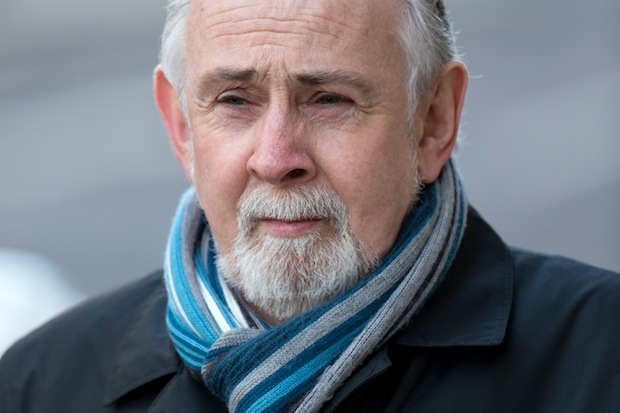People seem bewildered that the National Council for Civil Liberties in the late 1970s gave house-room to the Paedophile Information Exchange (PIE). It is certainly embarrassing for Harriet Harman and Patricia Hewitt that they held leading posts in the NCCL then, but the fact that this was going on should not be so surprising. I remember the row about PIE at the time. PIE’s argument was part of the wider doctrine about sexual liberation, which was that the only problem about sex was the repression imposed by society’s taboos. Virtually all sexual behaviour was seen as good and the exercise of sexual desire as an absolute right. The only qualification that liberationists grudgingly acknowledged was the need for consent. Even this they diluted by arguing that the distinction between adults and children was itself an unacceptable form of social control: children were quite capable of consenting to sexual activity, and should be left to get on with it.

Get Britain's best politics newsletters
Register to get The Spectator's insight and opinion straight to your inbox. You can then read two free articles each week.
Already a subscriber? Log in







Comments
Join the debate for just $5 for 3 months
Be part of the conversation with other Spectator readers by getting your first three months for $5.
UNLOCK ACCESS Just $5 for 3 monthsAlready a subscriber? Log in